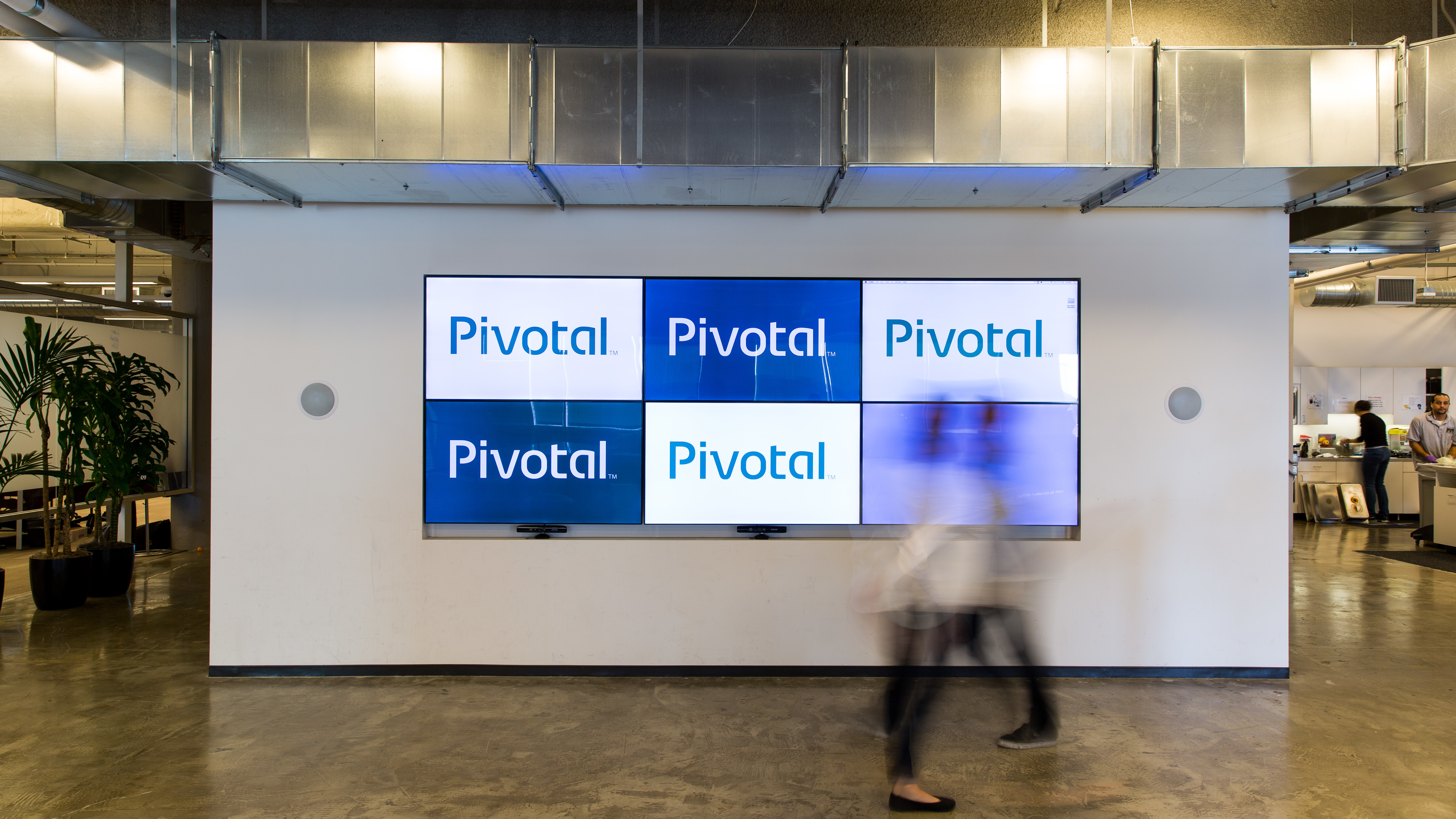Ford Writes Down $181 Million In Software Company Stock Value Following Class Action Lawsuits [Corrected]
Correction 3:47 p.m. ET: A previous version of this story incorrectly stated Ford wrote off its entire $181 million investment in Pivotal Software. Ford lost $181 million in market value from its Pivotal stock due to the events described in the article, but as a Ford spokesperson wrote to Jalopnik after publication of this article, the company still retains its 17.5 million shares for a total value of around $170 million. We regret the error.
Back in 2016, Ford made two big splashes in its attempt to be more of a technology and mobility company. The automaker acquired a commuter shuttle service startup called Chariot for $65 million and took a major stake in an enterprise software company called Pivotal Software for $181 million. The two moves were positioned by company executives on future-proofing the legacy automaker.
Three years later, those investments aren't looking so hot.
In an earnings report on Wednesday, Ford announced a $181 million write down in its shares in Pivotal Software. This caused the company to fall short of investor estimates, according to Bloomberg, sending Ford's stock down 5.7 percent in after hours trading.
As for Chariot, Ford shut that down in March.
Chariot's demise was simple: nobody used it. But Ford's massive losses due to Pivotal is not so easily explained and exemplifies the complexities of investing in the startup software world.
Pivotal, for a time, seemed like a shrewd play by the automaker. Its stock traded as high at $29.15 per share in June of 2018 shortly after IPO'ing at $15 per share, foretelling strong performance for a company that, as described by CNBC, "helps companies build, test, deploy and update software applications that can run either on public cloud such as Amazon Web Services and Microsoft Azure or on private cloud."
But everything changed for Pivotal's investors on June 4, according to two class-action lawsuits filed against the company. That evening, after the markets closed, Pivotal reported its first quarter results and they were terrible: an operating loss of $34.9 million, or 19 percent of total revenue. The company also estimated a total decline of revenue by some $30 million for the rest of the year.
Why the sudden change? The company ascribed it to "a complex technology landscape."
But the lawsuits brought against the company by investors allege something more than that. According to the suits, Pivotal failed to disclose important details about how the company's software worked; mainly, that it was not compatible with the industry-standard cloud computing Kubernetes platform, first developed by Google and now widely accepted as the standard for open-source cloud computing.
You don't have to know what "Kubernetes" or "Pivotal Container Service" or any of these other cloud computing terms mean to get the gist of it. One of the lawsuits alleged that the company knew, but failed to tell investors that, "its customers and the industry's sentiment shifted away from Pivotal's principal products because the Company's products were outdated, inadequate, and incompatible with the industry-standard platform."
Not only that, but they kept telling investors things were looking up; until they weren't.
After the June investor call, one analyst called the results "disastrous," a "train wreck," and said the management team "does not have a handle on the underlying issues negatively impacting its sales cycles and the activity in the field which gives us concern that this quarter will be the start of some dark days ahead for Pivotal (and its investors)."
Naturally, investors packed up and ran, and the company's stock plummeted by over 40 percent. It has only continued to go down since.
After writing off the Chariot investment, Ford CEO Jim Hackett dismissed the $65 million mistake—which was made, along with the Pivotal investment, prior to his tenure as CEO, although he was on the company's Board of Directors and oversaw the formation of Ford Smart Mobility—as anything but that:
"I'm very happy with what Chariot taught us and what the next evolution of the business is going to be. This is a pivot for us — a bunch of things have been birthed from the Chariot experience."
Pivotal did not respond to Jalopnik's inquiries before publication. We will update this post if we hear anything back.
Doherty v Pivotal by GMG Editorial on Scribd
Abera v Pivotal et al by GMG Editorial on Scribd
